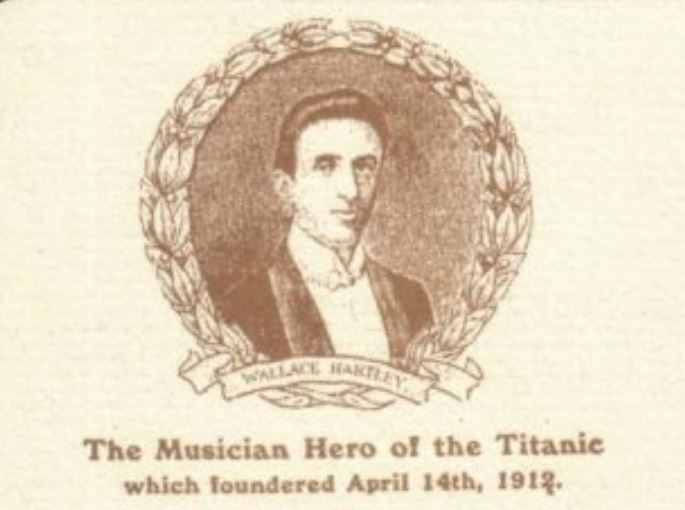Epileptics cannot hope for Mozart
A new study by the University of Vienna shows that there is no scientific evidence for the alleged positive effect of Mozart's Sonata K448 on epilepsy.

Reports of possible positive effects of listening to Mozart's Sonata K448 on epilepsy symptoms have received a great deal of media attention. However, the empirical reliability of the findings has remained unclear to this day. Now, psychologist Sandra Oberleiter and psychologist Jakob Pietschnig from the University of Vienna have shown in a study published in the journal Nature Scientific Reportsthat a positive effect of the Mozart melody on epilepsy has not been proven.
The alleged Mozart effect can be attributed to selective reports, too small samples and inadequate research practices in this body of literature, writes the University of Vienna.
Original publication:
Oberleiter, S., & Pietschnig, J. (2023). Unfounded authority, underpowered studies, and non-transparent reporting perpetuate the Mozart effect myth: A multiverse meta-analysis. Nature Scientific Reports. DOI: 10.1038/s41598-023-30206-w








